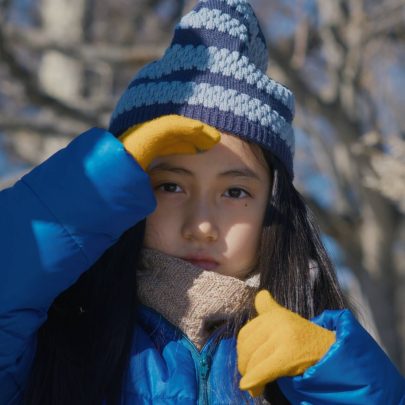Jun 3, 2013 Film & TV
Fresh from school, Tearepa Kahi’s apprenticeship in drama was performing in Jim Moriaty’s theatre troupe at marae, schools, universities and prisons around the country. On the road he met many young Maori who grew up in solo-parent houses who would often talk about Bob Marley being a father figure to them.
“I think they meant that when they played his songs they finally received fatherly advice that they could use in their lives,” says Kahi.
Now 35 and a father himself, Kahi has written and directed Mt Zion, which is set against Marley’s tour to New Zealand in 1979. At the heart of the film is the tension of a father-son relationship: Temuera Morrison stars as a staunch taskmaster and potato farmer from Pukekohe and Stan Walker (of Australian Idol fame) as his musical son with dreams of opening for Marley.
Both the setting and the story are deeply personal to Kahi, whose father moved away from Pukekohe to Christchurch to pursue his musical ambitions. One of Kahi’s earliest memories is travelling up to Pukekohe for Christmas holidays with his family, rolling into the driveway, beneath the clothesline, and seeing his grandmother awaiting their arrival under the porch light.
Kahi’s grandparents have died but their house remains in the whanau, so Kahi had no trouble securing it as a location for the film. All it needed was a slap of peach paint to bring it back to the 1970s.
As well as creating a physical setting that looked back in time, Kahi wrote the script to reflect 70s speech, including specific Pukekohe slang such as “You’re all plaque” — translation: “You’re full of crap”.
“I ran almost every line past my father,” says Kahi. “He was the Puke barometer. If something sounded like it was from Otahuhu, he’d tell me. If something sounded like it was from Te Kauwhata, he’d tell me.”
The actors’ manner of speaking may come across as awkwardly “hori-fied”, but Kahi says it is an authentic style.
“I was totally, and still am, in love with their language and how everything was back then. That’s just how I remember my cousins talked. They spoke with a funk. I tried to stay honest to that.”
Many of Kahi’s relatives helped out with the film. Some still do back-bending work harvesting potatoes on the rich, red-earthed Pukekohe slopes and were well qualified to be extras in the farming scenes.
“What I still love about this place is the people,” says Kahi. “Hard calloused hands, hard-working people. It’s a big community who work together as one and they’ve got great voices as soon as the sun sets.”
First published, Metro, January 2013.





